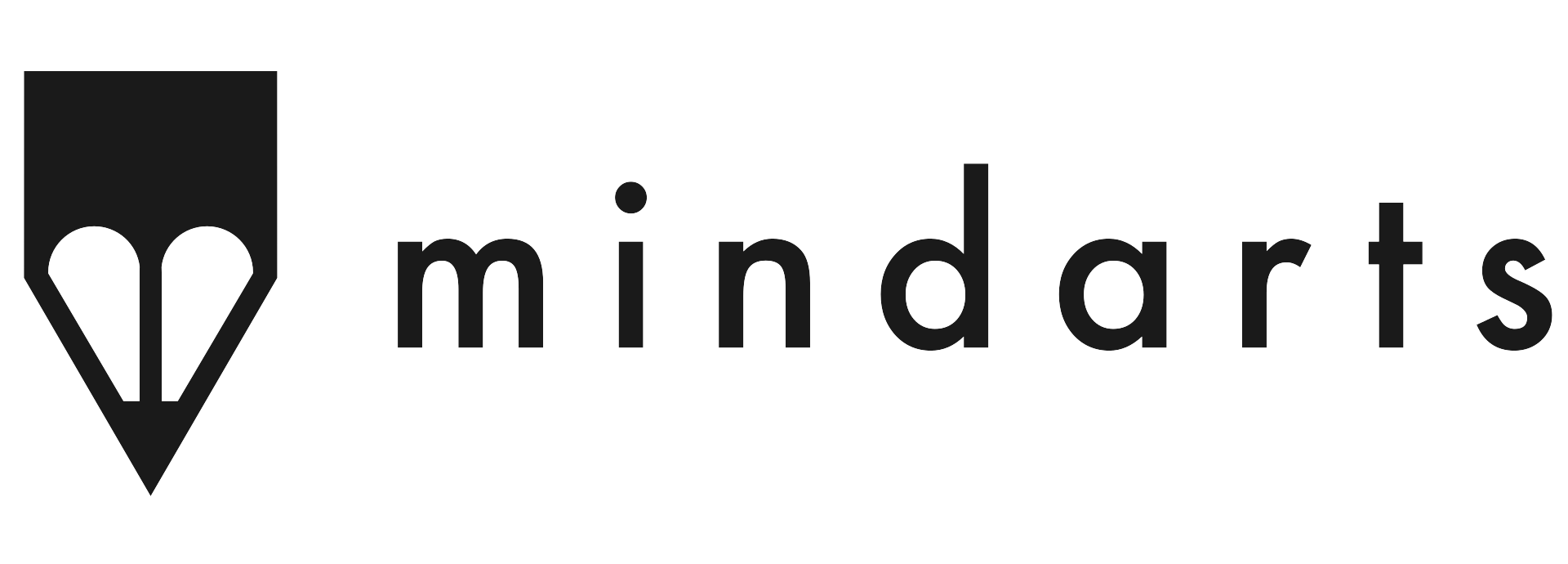Introduction
Reflection isn’t just about looking back; it’s about moving forward with clarity and purpose. By understanding our achievements and the lessons we’ve learned, we uncover paths to personal and professional growth. But why is reflection so important? It allows us to recognize patterns, celebrate successes, and learn from failures. Think of it like steering a ship: without knowing where you've been, it’s harder to navigate where you're headed.
In this article, we’ll explore the value of reflecting on achievements and lessons, offer strategies for effective reflection, and share real-life examples to inspire you to start your journey of self-discovery.
The Value of Acknowledging Achievements

Celebrating Successes
Success is worth celebrating, no matter how big or small. Why? Because every achievement is a stepping stone to greater things. When we take the time to acknowledge our successes, we fuel our motivation. Think of it like charging your batteries—it gives you the energy to keep going. Celebrating also boosts self-esteem, reminding you of what you’re capable of.
A simple way to celebrate is by rewarding yourself. Completed a project? Treat yourself to something you enjoy. Made progress on a personal goal? Share it with loved ones. These moments of joy reinforce positive behavior and encourage you to aim higher.
Creating a Record of Progress
Have you ever looked back at an old diary or photo album and been amazed at how far you’ve come? That’s the power of recording progress. Keeping a journal or list of your achievements gives you a tangible record of growth. It’s like creating a highlight reel of your life.
When you’re feeling stuck or unsure, revisiting these records can reignite your confidence. Plus, documenting progress helps you identify patterns—what worked, what didn’t, and how you can improve.
Reinforcing Positive Habits
Success leaves clues, as the saying goes. When you reflect on your achievements, you can identify the habits and strategies that led to those wins. Maybe it’s the discipline of a morning routine or the courage to step out of your comfort zone. By recognizing these, you can double down on what works and create a blueprint for future success.
Building on positive habits also helps you overcome challenges with a proactive mindset. It’s like sharpening a tool; the more you use it effectively, the better it gets.
Lessons Learned: A Foundation for Growth
The Power of Failure
Failure often gets a bad rap, but it’s one of the best teachers we have. Think about it: every failure comes with a built-in lesson. Didn’t land that job? Maybe it’s a chance to improve your interview skills. Made a mistake at work? It’s an opportunity to refine your process.
Some of the most successful people, like Thomas Edison and Oprah Winfrey, turned their failures into stepping stones for greatness. Instead of viewing failure as the end of the road, see it as a detour guiding you to a better path.
Analyzing Challenges Faced
Challenges are inevitable, but they’re also invaluable. Every setback holds a lesson if you’re willing to look for it. For example, a difficult project might teach you better time management. A strained relationship could show you the importance of communication.
The key is to ask yourself reflective questions: What went wrong? What could I have done differently? By analyzing challenges, you equip yourself to handle similar situations more effectively in the future.
Adapting to Change
Change is the only constant in life, and learning to adapt is a crucial skill. Reflection helps you see how you’ve navigated changes in the past and prepares you for the future. Whether it’s adjusting to a new job, relocating, or dealing with unexpected life events, the lessons you learn from change build resilience.
Being adaptable means seeing change not as a threat but as an opportunity to grow. It’s like learning to dance in the rain instead of waiting for the storm to pass.
Strategies for Effective Reflection
Establishing a Reflection Routine
Consistency is key when it comes to reflection. A regular reflection routine helps you stay connected with your goals and progress. Whether it’s daily, weekly, or even annually, dedicating specific time to reflect allows you to develop a habit that becomes second nature.
Start small. You could spend 10 minutes at the end of each day reviewing what went well and what didn’t. Weekly reflections might involve a more detailed analysis of your achievements and lessons. An annual review, on the other hand, is perfect for evaluating long-term goals. Treat this time as a non-negotiable appointment with yourself—like going to the gym but for your mind.
Asking the Right Questions
Reflection is most effective when guided by the right questions. Broad, vague questions can lead to surface-level thinking, so focus on specific prompts. For instance:
- What am I most proud of achieving this week?
- What challenges did I face, and how did I respond to them?
- What lessons did I learn, and how can I apply them moving forward?
These questions help you dig deeper, uncovering insights that might otherwise go unnoticed. Keep a list of prompts handy, or create categories like "personal growth," "career," and "relationships" to ensure a balanced evaluation.
Leveraging Tools for Reflection
Using the right tools can make the reflection process easier and more structured. Journals, for instance, are a classic choice, allowing you to document thoughts and review them over time. Apps like Day One or Notion offer digital alternatives for on-the-go reflection.
Vision boards are another powerful tool. By visualizing your goals and progress, you create a tangible connection to your achievements and aspirations. These tools don’t just help you organize your thoughts; they also keep you motivated to continue your journey of self-discovery.
Applying Insights from Reflection
Setting Future Goals
Reflection without action is like reading a map without taking the journey. Once you’ve identified your achievements and lessons, the next step is to use these insights to set future goals. Aim for goals that align with your values and past successes, as these are more likely to keep you motivated.
For instance, if you’ve learned that you thrive under structured plans, set goals with clear timelines and milestones. On the other hand, if you’ve discovered that flexibility suits you, create adaptable goals that allow for spontaneity. The SMART framework (Specific, Measurable, Achievable, Relevant, Time-bound) is an excellent guide for crafting actionable objectives.
Improving Decision-Making
Reflection enhances decision-making by providing a wealth of past experiences to draw from. By analyzing what worked and what didn’t in previous situations, you can make more informed choices moving forward. This applies to everything from career decisions to personal relationships.
For example, if you’ve learned that you perform better with collaborative teams, you might seek roles or projects that emphasize teamwork. Similarly, understanding how you handled stress in the past can help you approach future challenges with greater clarity and confidence.
Real-Life Examples of Reflection in Action
Stories of Successful Individuals
Many leaders and innovators credit reflection as a cornerstone of their success. Take Bill Gates, for instance, who dedicates time to "Think Weeks" where he reflects on big-picture ideas and strategies. Similarly, athletes like Serena Williams review their performances to fine-tune their skills and mindset.
These examples show that reflection isn’t just for personal growth—it’s also a tool for professional and creative breakthroughs. By examining their journeys, we see how reflection transforms challenges into opportunities.
Everyday Heroes: Lessons from Ordinary Lives
It’s not just celebrities or CEOs who benefit from reflection. Everyday people also use this practice to navigate life’s ups and downs. For instance, a parent might reflect on how to better balance work and family. A student could evaluate study habits to improve academic performance.
These stories remind us that reflection isn’t reserved for the extraordinary—it’s a tool anyone can use to make their life more meaningful and intentional.
Overcoming Barriers to Reflection

Addressing Common Obstacles
Despite its benefits, reflection can feel daunting. Common barriers include lack of time, fear of confronting mistakes, or not knowing where to start. The good news? These challenges are manageable with a little strategy.
- Time constraints: Start with just five minutes a day. Small steps build momentum over time.
- Fear of failure: Reframe mistakes as opportunities for growth. Focus on what you’ve learned rather than what went wrong.
- Uncertainty: Use prompts or tools to guide your thoughts.
The goal is progress, not perfection. Remember, even a brief moment of reflection can lead to significant insights.
Conclusion
Reflecting on achievements and lessons learned is like looking in a mirror—it helps you see where you’ve been, where you are, and where you want to go. By celebrating your successes and embracing your failures, you build a foundation for growth and resilience.
The act of reflection doesn’t just reveal your potential; it empowers you to achieve it. So, take the time to pause, think, and grow. Your future self will thank you.

FAQs
1. What are the benefits of reflecting on achievements?
Reflection boosts self-awareness, helps track progress, and reinforces positive habits. It also builds resilience by turning failures into learning opportunities.
2. How do I start a reflection practice?
Begin with small steps. Dedicate five minutes daily to reviewing your day, or use weekly prompts to dive deeper into achievements and lessons.
3. What tools can I use for self-reflection?
Journals, vision boards, and apps like Notion or Day One are excellent tools. These provide structure and keep your reflections organized.
4. How do I overcome fear of failure during reflection?
Shift your mindset to see failure as a teacher. Focus on the lessons you’ve gained and how they’ll help you succeed in the future.
5. How often should I reflect on my progress?
It depends on your goals. Daily reflection works for short-term insights, while weekly or annual reviews are ideal for long-term growth.
SHARE THIS
COMMENTS
Our mission is to guide individuals, teams, and organizations on transformative journeys of self-awareness and emotional intelligence. Through science-backed assessments, actionable insights, and tailored strategies, we empower people to unlock their potential, strengthen relationships, and achieve authentic success in both personal and professional life.
CONTACT INFO
@2025 Mindarts | All Rights Reserved
Terms & Conditions | Privacy Policy | Cookie Policy | Impressum
CONTACT INFO
@2025 Mindarts | All Rights Reserved
Terms & Conditions | Privacy Policy | Cookie Policy | Impressum


